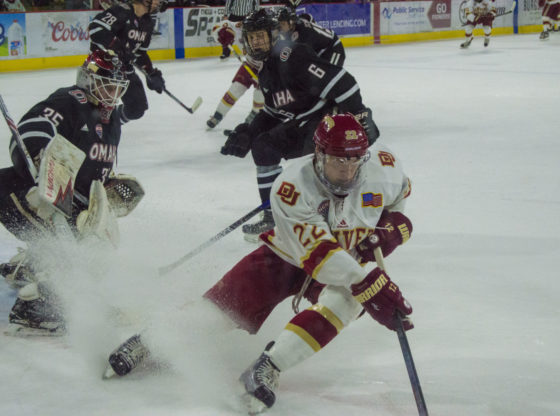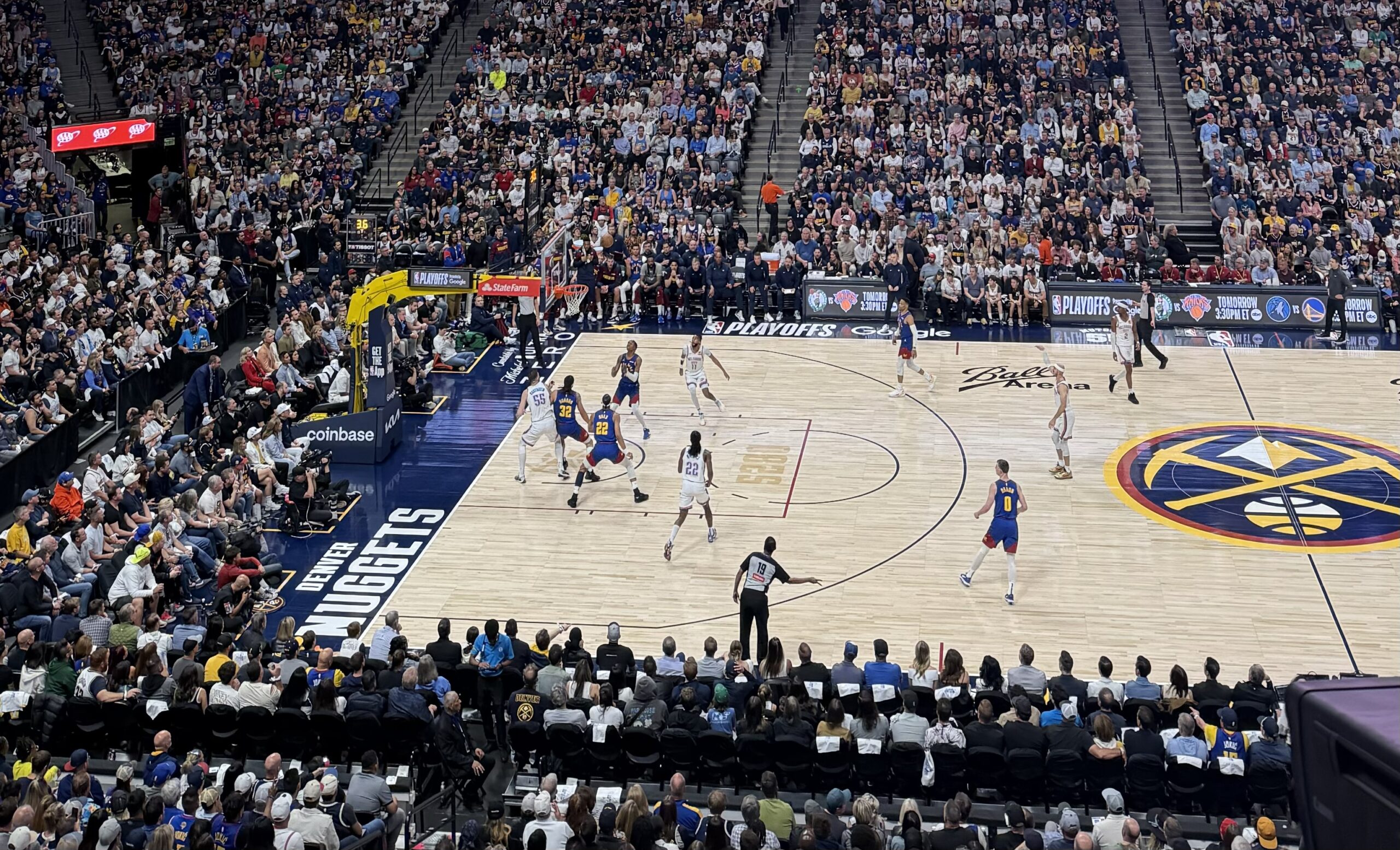This year’s pandemic has drastically changed many aspects of daily life, including that of Denver’s scholar-athletes. On Aug. 10, the Summit League announced the postponement of all fall sports, prompting the Denver soccer program to start the season with a new approach.
Over the summer, before the Summit League made the official announcement, athletes’ lives were already changing. Long gone were summer workouts with the team, as all players had to complete the typical workout program alone. However, players and coaches made efforts to keep up team morale despite the isolation.
The men’s soccer team, although working remotely, organized lift sessions over Zoom four days a week and posted their training runs on MapMyRun to keep each other accountable. Both teams also scheduled frequent coach and player meetings through Zoom.
Additionally, recruiting future athletes looked quite different this past summer and spring. Luckily, Denver Women’s Soccer had a couple verbal commitments before everything shut down. However, Women’s Head Coach Jeff Hooker still described the process as being quite difficult.
Denver’s Men’s Soccer Head Coach Jamie Franks told The Clarion that when dealing with recruiting, “there are things that will probably change forever.” Coach Franks noted the in-depth nature of the recruiting process this year, stating, “I don’t think I’ll ever get on a phone call with a recruit, compared to a Zoom or FaceTime call.”
Both coaches observed that incoming players had additional time to adjust to the teams. Without the typical hectic schedule that comes with games, the freshman had more time to get used to the program.
However, when the official announcement regarding the season’s postponement came out, many players were disappointed despite having expected the delay. With regards to the announcement, junior forward Camryn MacMallan (Littleton, Colo.) told The Clarion, “I think a lot of people saw it coming, but it still did not feel real when it was announced.”
Regardless of the initial sadness the teams felt when finding out they would not be able to play competitive games in the fall, both have worked hard to look on the bright side. “We had to realize it was what was safest for us and [gave] more time for us to train before next season,” said MacMallan.
Senior midfielder on the men’s team Jacob Stensson (Stockholm, Sweden) echoed MacMallan’s sentiments.
“Obviously it was sad,” said Stensson. “But we also have to realize what we’re going through right now is far from normal. We understand there are safety measures in place for the right reason. Having the season postponed gives the team more time to work with each other.”
To further maintain player and staff safety, both programs had to make some big adjustments to the daily practice routines. Each player is now a member of a 10 person “cohort,” and each cohort runs on a different schedule. They practice and lift only with their small group. There is also extra time allotted between each cohort’s practice to allow for proper disinfection and keep players in separate groups from overlapping. Additionally, players and staff are required to wear masks at all times and receive temperature checks before each training and lifting session.
Players also do not have access to locker rooms or the Ritchie Center facilities. Regular medical treatment is now by appointment only.
Having only 10 players able to practice at one time has called for some creativity with regards to drill, as it is difficult to replicate game-like competition with only 10 on the field. Both coaches recognized this also allows time for individual growth and began the season focusing on personal skills.
Coach Franks and his team agreed upon five main focuses at the beginning of the season: fitness, ball control, leadership development, in-game analysis and conditioning. He and his players have since placed a heavy emphasis on these elements every day. Coach Franks highlights that to maintain team morale during these strange times, he and his players must “focus on the things we can control.”
Members of the women’s soccer team have also emphasized placing their focus on the right things. MacMallan recounts that all players still focus on keeping the level of play competitive and holding each other accountable.
This additional time to practice leaves players and coaches with extra excitement regarding future competition.
“It will be more competitive,” said Coach Hooker when addressing the team’s spring season. “Teams will have more preparation time, and the schedule will look much different. As of today, our schedule in the conference is a double round-robin… similar to a college hockey schedule.”
Play in the Summit League is always competitive. But with the postponement of the fall season, many expect the players to be extra hungry and ready to compete when the time comes.











